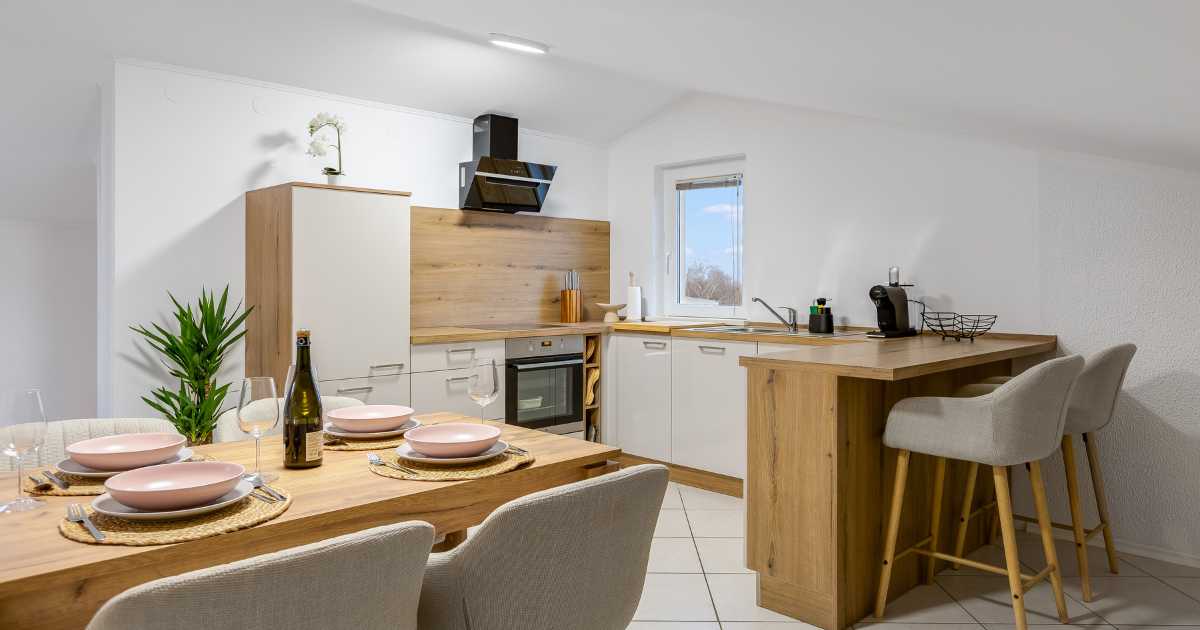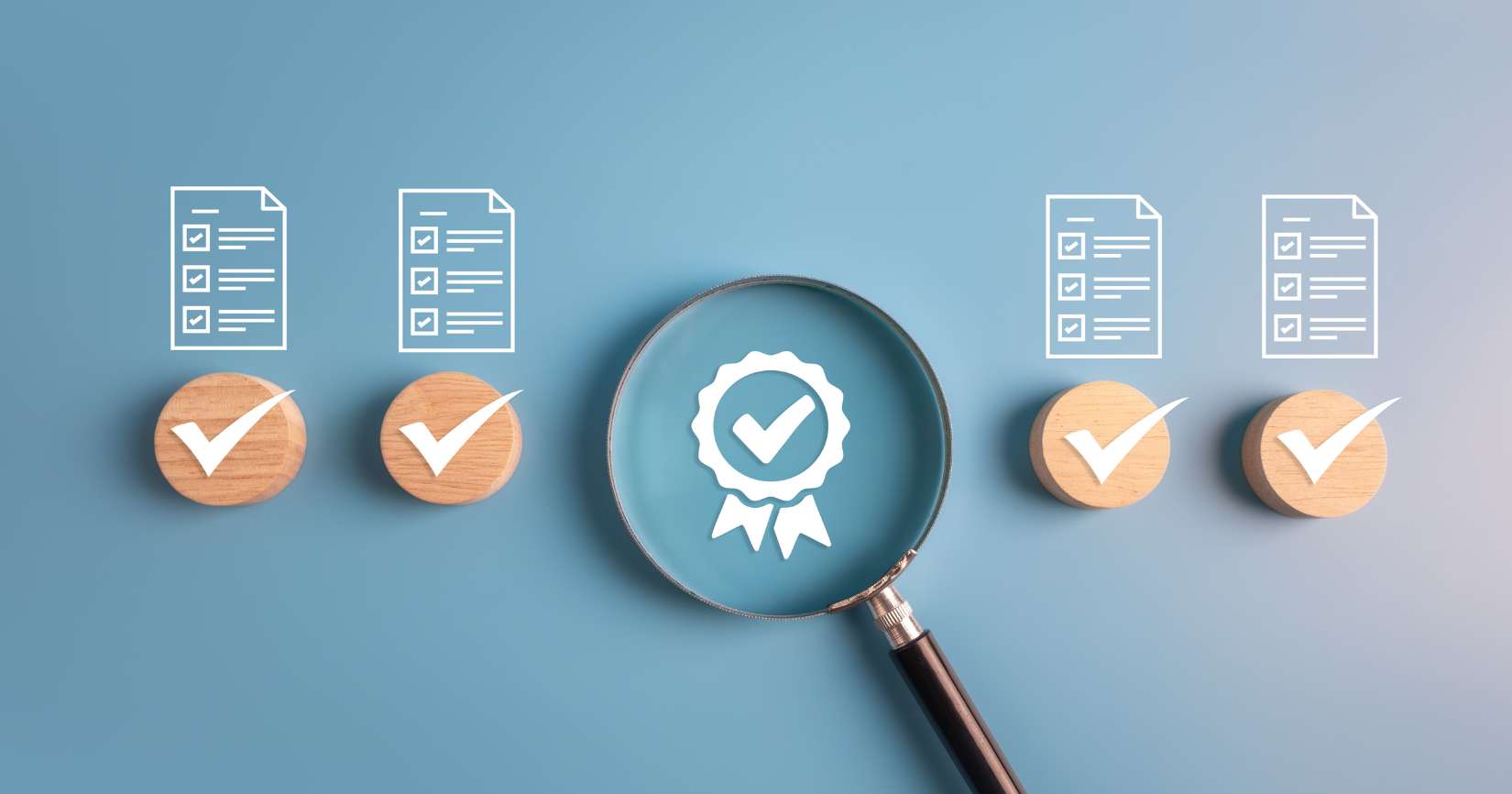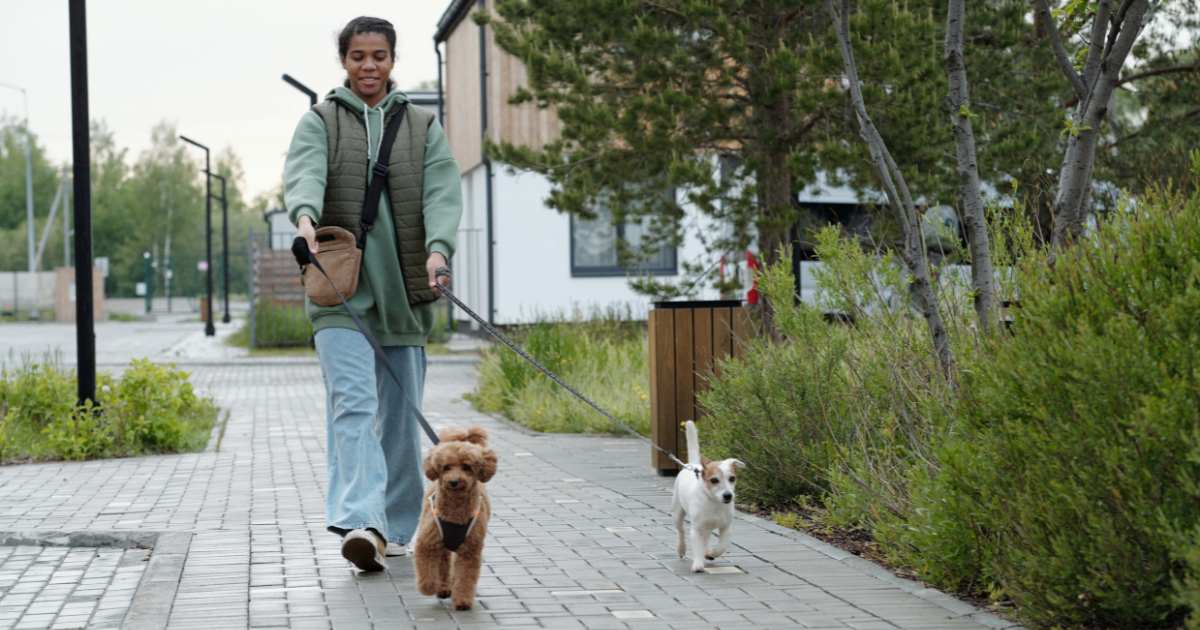
Do you dream of having your own Airbnb business, but you’re dreading the massive cost of owning property?
You’re not alone, and the good news is, you don’t need to own property to get started. More and more entrepreneurs are launching profitable Airbnb ventures through creative strategies like rental arbitrage and co-hosting.
In this article, we’ll help you discover the ins and outs of launching your first Airbnb venture without owning any property.
How to Have an Airbnb Business Through Rental Arbitrage?
The concept behind running a rental business like Airbnb without any property in your name is called rental arbitrage. How rental arbitrage works is leasing a property and taking on the expenses of furnishing it, making small repairs and listing it on platforms like Airbnb for short-term stays.
The difference between what you pay the landlord and the money you receive from guests becomes your profit. It’s one of the most accessible ways to get into real estate with low upfront investment and no ownership required. The secret lies in negotiation, management, and scale.
Step-by-Step: How to Get Started
1. Market Research Comes First
Before scouting properties, identify high-demand zones with low competition. Look for:
- Tourist-heavy locations.
- Business districts.
- Areas with low demand for long-term rentals might make landlords more receptive to rental arbitrage.
2. Find the Right Property
Look for affordable rentals that are safe, accessible, and near local amenities. When you start, investigate small but efficient studio apartments and one-bedroom apartments. Not only is it more affordable, but if your first property can accommodate only two people, then there’s less risk, as opposed to a three-bedroom apartment.
3. Negotiate with the Landlord
Landlords aren’t always familiar with Airbnb, so approach them with transparency and professionalism. Frame it as a business proposal and show them how it can be mutually beneficial.
How to Negotiate with Property Owners?
Be Transparent
When discussing your Airbnb plans with landlords who may be unfamiliar with the platform, it’s crucial to be upfront and act professionally. Present your proposition not just as renting a property, but as a mutually advantageous business venture. Clearly outline how your management will benefit them.
For instance, assure them that you will keep the property in top-notch condition, take full responsibility for cleaning and any guest-related damage repairs, guarantee timely rent payments, and consider offering a slightly higher rental fee for the added flexibility your business requires.
Offer Mutual Benefit and Build Trust
Instead of simply requesting a lease, propose a partnership where both parties benefit. Emphasise the benefits for the landlord. You can start by helping them understand why your reputation is important to you and how mismanaging the property wouldn’t only ruin your relationship with them but also your business.
Demonstrate your commitment to maintaining the property to a high standard, your handling of all cleaning and guest-inflicted repairs, your reliable on-time payments, and the possibility of increased rental income in exchange for allowing short-term rentals.
Have a Legal Agreement
It’s important that you understand the legal side of business collaborations like rental arbitrage. Make sure both parties are clear on what the agreement is and how they will both benefit from it.
Establishing a clear and legally sound agreement ensures that expectations are aligned and potential disputes can be avoided. Defining the responsibilities, obligations, and benefits for both the landlord and the rental arbitrage operator within the contract provides a solid foundation for a successful and mutually rewarding partnership.
What is the Cost of Having an Airbnb Business in South Africa?
There a quite a few costs to consider when you’re planning towards your first Airbnb. Here’s what to budget for your first unit:
1. First month’s rent + deposit: from R12 000
This depends on the location of the property and the size of the unit. Most landlords require a deposit that amounts to the cost of rent, so if the monthly cost of the apartment is R6000, you’ll need an additional R6000 for the deposit.
2. Basic furniture and appliances: From R50,000
Includes a bed, couch, table, kitchen appliances (microwave, kettle, fridge), bedding, curtains, and decor. You can reduce this cost by finding second-hand items in good condition or refurbishing them.
3. Utilities (electricity, water, Wi-Fi, DSTV/Netflix): From R3 000 per month
You should also calculate the cost of deposits, installation fees for prepaid meters, fibre, and initial consumables like cleaning supplies and toiletries.
4. Photography and listing costs: From R2000
Professional Airbnb photography is essential for visibility. Many travellers prefer great aesthetics, and if your listing has poor photos that don’t bring the best out of the unit, it might negatively impact your bookings.
5. Cleaning service fees (initial + ongoing): From R1 500 per month
You must budget for an occasional deep clean, as guests aren’t always the neatest. A professional cleaner may charge over R800 for a deep clean, and between R300–R600 per visit, depending on the size and location.
Have an Airbnb Business by Co-Hosting
Co-hosting is another way to start an Airbnb business without property. If you don’t have the capital for rental deposits and furnishing a unit, co-hosting is another low-cost way to break into the Airbnb game.
Co-hosting means managing an Airbnb listing on behalf of someone else, perhaps a property owner who doesn’t have the time, skills, or interest in handling day-to-day tasks like guest communication, cleaning, check-ins, and reviews. In return, you earn a percentage of the income generated. Co-hosts can make between 10% and 30% per booking.
Unlike rental arbitrage, where you lease a property yourself, furnish it, pay for all utilities, and take on the full financial risk, co-hosting doesn’t require any upfront investment. You’re not responsible for rent or buying furniture. Instead, your value comes from managing the property professionally and making sure it performs well on Airbnb.
This model is ideal if you want to get started with little to no money, build your experience, and earn while you learn. It’s also a great stepping stone before moving into rental arbitrage or even owning your own Airbnb properties in the future.
How to Get Started with Co-Hosting
1. Find a Willing Host or Property Owner
Start by reaching out to landlords, friends, or family who own short-term rentals or are considering joining Airbnb. You can also check local Facebook groups or property forums where hosts may be seeking help.
2. Pitch Your Value
Show potential clients how you can help improve their reviews, occupancy rate, and profits. If you’re organised, responsive, and good with people, co-hosting may be a perfect match for your skill set.
3. Build Your Reputation
Start small, even if it’s just managing one listing. Deliver great results, collect testimonials, and use those wins to approach more property owners in the future.
Keep This in Mind When You Start Your Airbnb Business
Running an Airbnb business can be profitable, but with every business, there are aspects that you need to be well-prepared for.
- You’ll need to be available at odd hours for guest communication.
- Contracts are important; set clear terms with the property owner upfront, including your fee, responsibilities, and liability agreements.
- You may need access to cleaning services, key exchange solutions, and Airbnb tools like Smart Pricing or automated guest messaging.






